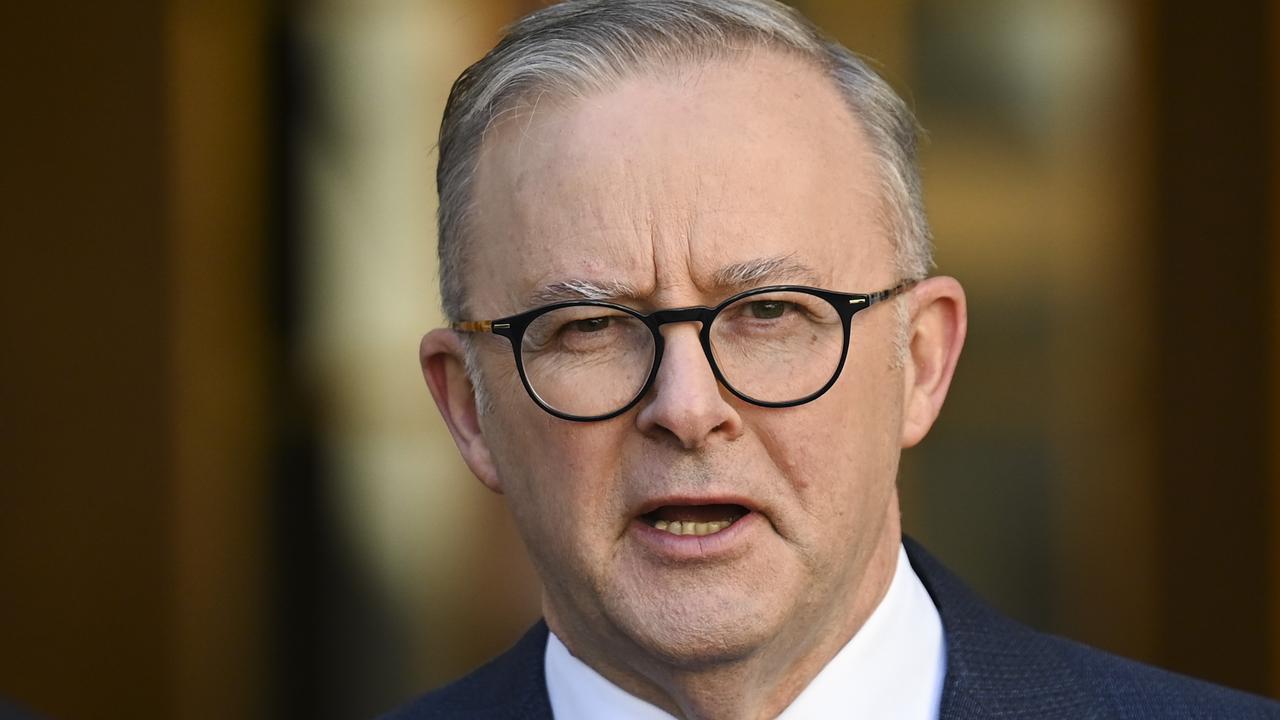No one will matter to Australians like Bert did
Bert Newton was the rarest of things – a figure who brought Australians together and a monument no one wanted to topple. And there will never be another like him.
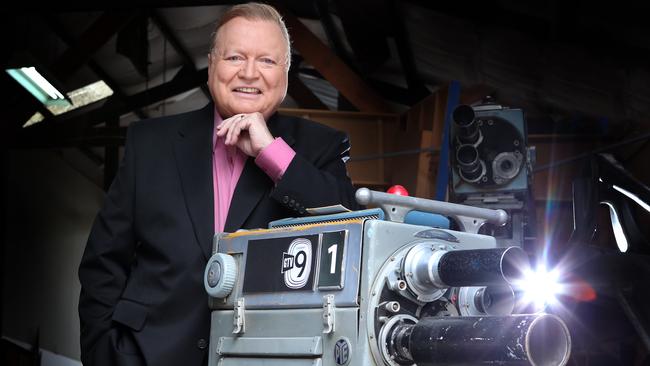
Patrick Carlyon
Don't miss out on the headlines from Patrick Carlyon. Followed categories will be added to My News.
Bert Newton liked the idea that being on-air was being “alone at last”.
Yet what unites all the moments of Newton’s on-air career, and his solitary freedom, was how he united people.
The funniest bits are a grab-bag of slapstick and one-liners, of grown men putting each other in the bath and smearing the other in food. There are wig jokes and trans-dressing characters. The same punchlines worked in either millennium. If you didn’t chuckle at every gag, you wanted to.
This was Newton’s gift; he made us laugh. In return, he came to be trusted as one of the most familiar – and permanent – figures of modern history.
In conversation, Newton dismissed his reach, once saying that he was content to be known as “quite harmless”.
But his influence went deeper. Newton was always there. He led the Australian community of television when it was the premier meeting place.
Families looked forward to watching him together, and laughing together. They talked about the night before on the day after.
Newton bound us. He did not seek to preach or persuade. His irreverence went to our identity. He headed a national pastime in never taking oneself too seriously. He laughed at himself so that we laughed with one another.
The King of Television, the man who wanted to go on and on, was farewelled on Friday in an event that rightly doubled as the most prized ticket in Melbourne for years.
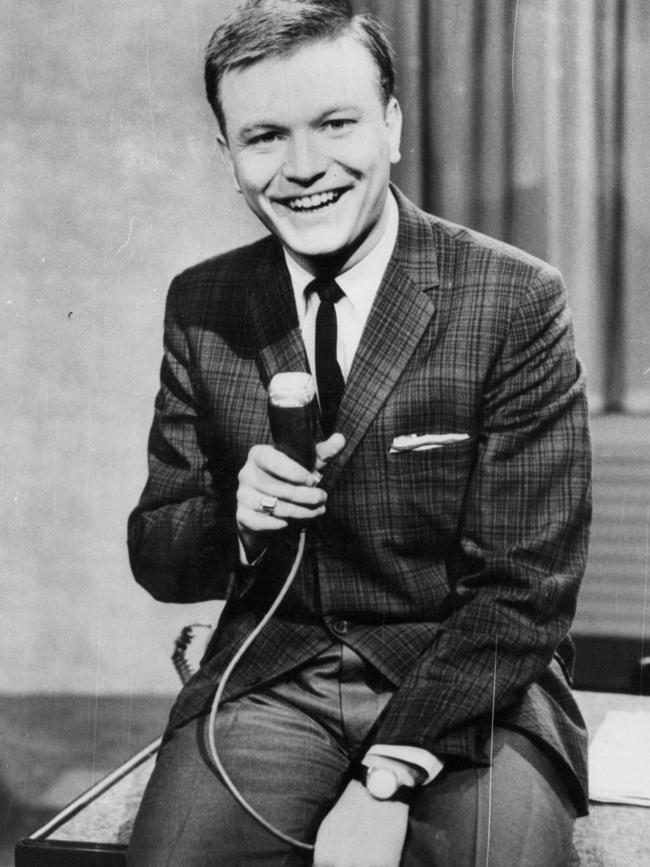
But in his death, the power of television has been seen to dim, too. His funeral was both televised and streamed, as if to acknowledge that the medium upon which Newton gathered us together is now just another entertainment choice.
If Newton was the biggest of the Australian TV icons, he was also the last.
Watching television – or a screen – is largely a solo experience now.
At the front of the house, someone watches Squid Game, while someone else has American sport blaring on their phone.
At the back, the oldies try the ABC news, well, until that service runs out of news, usually at some point in the first half of the half-hour.
TV shows are streamed and binged, often alone late at night. No one watches the same show at the same time. And so no one laughs as one.
The singular stardom of a Newton – or Graham Kennedy – is now divvied up between countless names on myriad platforms.
There are podcasters, of whom no one over 50 has heard, and shock jocks about whom no one under 50 cares.
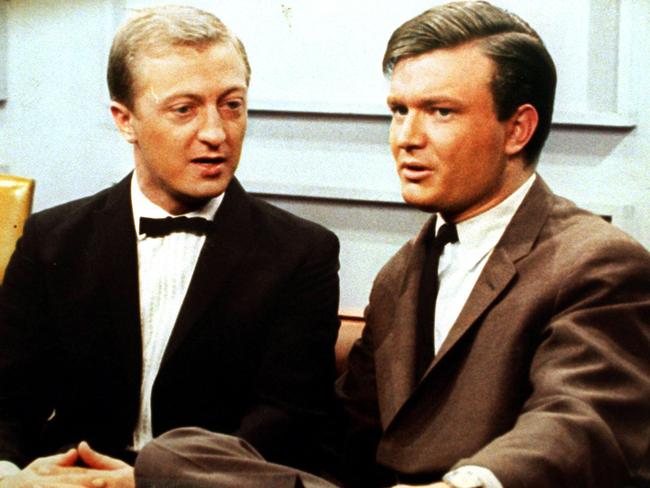
Some of the biggest entertainment names for the young remain unknown to oldies, in part because their fame amounts to grabs of social media.
They come and go in a TikTok.
TV no longer commands mass appeal. There is no mass market. The network pillars of yesteryear have shrunk. The fixtured quality of watching what everyone else was watching at the same time has bowed to the blind pursuit of countless choices.
Newton was the ringleader in a landscape that was yet to fragment.
He shone when Hey Hey It’s Saturday thrived. Hey Hey could never work now. A recent “best of” special inspired a revisionist lens to condemn what many Australians once considered compulsory viewing.
Newton was not immune to the New Puritanism. At the 2018 Logies, he upset the shrill with a gag about TV stars “mentoring” aspiring stars in locked dressing rooms. If the line was ill-considered, it was also the kind of line he had delivered many times over half a century.
One of Newton’s strengths, according to those who knew him best, was his tremendous adaptability.
Yet as the world changed, he stayed the same. He was a touchstone in a society that now looks to question such things.
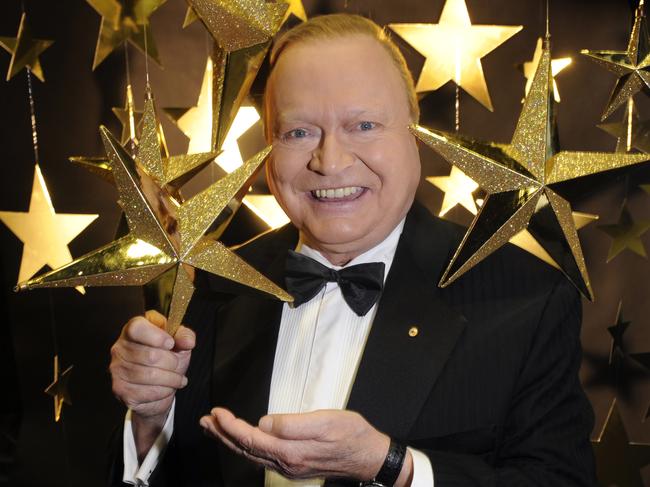
Ways of thinking are not as they once were. Even Anzac Day, the most solemn and simple of commemorations, is considered divisive by people who think they know better.
The most unifying political leaders of recent memory do not figure in the past five prime ministers.
The position of Australian cricket captain was once compared with leading the country – by the man then leading the country.
Tim Paine, as Test captain, seems temporary, whereas his predecessors had an air of commanding permanence.
Newton mattered as no one can anymore. He defied the law of that other Newton about going up and coming down.
This Newton was the whale of the media pond when it was flooded by an ocean.
In life, as in death, he has been the rarest of things: a figure who brought Australians together, and a monument no one wanted to topple.





